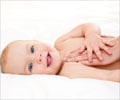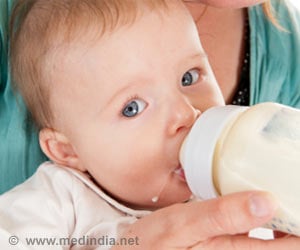All newborn infants should be screened for congenital hearing loss that is present at birth, according to a new recommendation
In its latest reccomendation, the U.S. Preventive Services Task Force suggests that all newborn infants should be screened for congenital hearing loss that is present at birth.
Children whose hearing is impaired at birth, during infancy or in early childhood can have problems with verbal and nonverbal communication and social skills, increased behavioural problems, and lower academic achievement compared with children with normal hearing.Infants at high risk for hearing loss include those who have spent more than 2 days in a neonatal intensive care unit; those diagnosed with certain syndromes, such as Waardenburg or Usher syndrome; and those with a family history of childhood hearing loss.
As half of infants with hearing loss have no identifiable risk factors, the Task Force proposes universal screening, rather than targeted screening.
Detecting and treating infants for hearing loss, rather than detecting it at a later age, provides better chances for positive outcomes such as stronger language skills.
"Screening for hearing loss should be part of every newborn infant’s health care evaluation," said Task Force Chair Dr Ned Calonge, who is also chief medical officer for the Colorado Department of Public Health and Environment.
"Screening at birth allows for hearing loss to be detected early and is associated with better outcomes for infants who test positive," he added.
Advertisement
Otoacoustic emissions check the inner ear response to sound and are measured by placing a very sensitive microphone in the ear canal to measure the ear’s response.
Advertisement
Good evidence was found that newborn hearing screening testing is highly accurate and leads to earlier identification and treatment of infants with hearing loss.
The recommendation and the accompanying summary of evidence appears in the July 7 issue of Pediatrics.
Source-ANI
TAN/M











